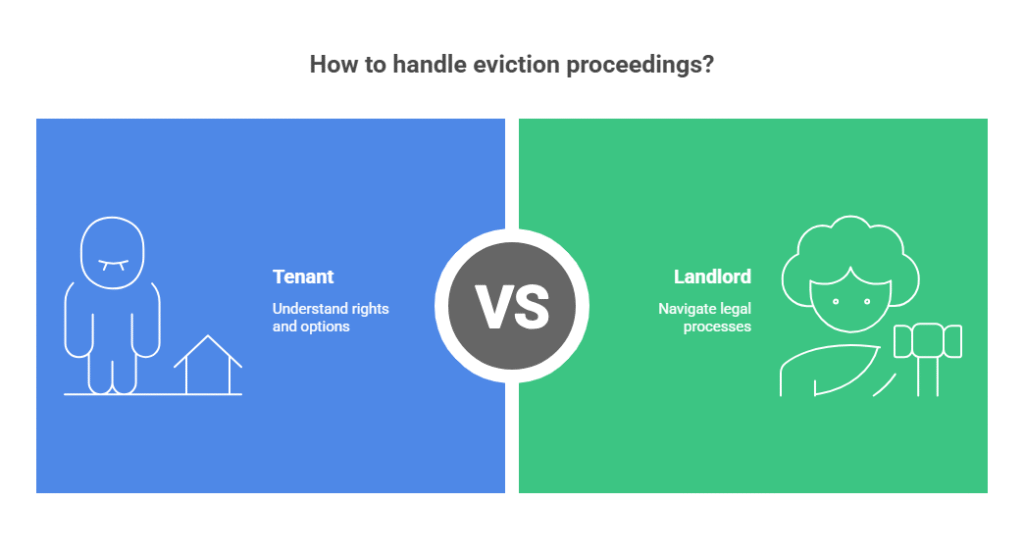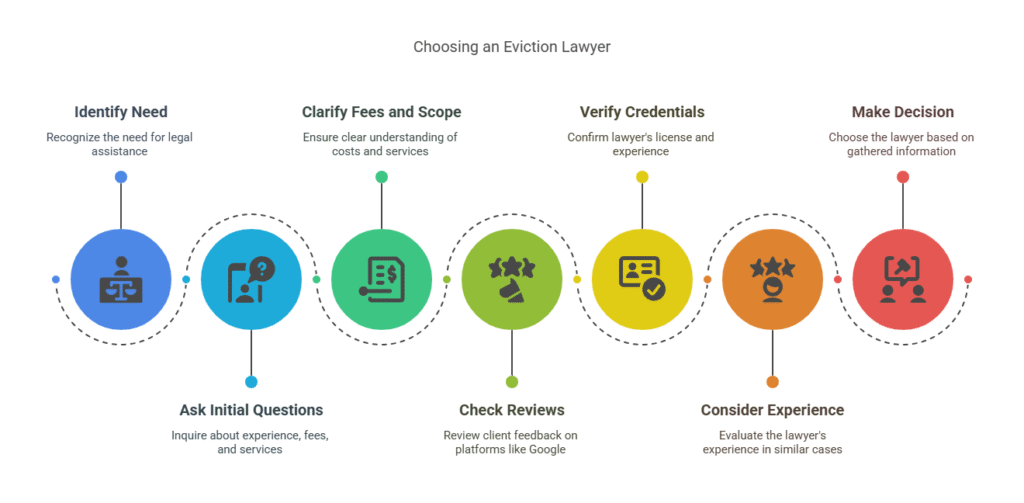Eviction Lawyer Cost
Facing an eviction—whether you’re a tenant being asked to leave or a landlord trying to reclaim your property—is never easy. Emotions run high, legal rules are confusing, and the pressure can be overwhelming. That’s where an eviction lawyer steps in. But how much will it cost you to get professional legal help?
Let’s break down everything you need to know about eviction lawyer cost, so you’re financially and mentally prepared for what’s ahead. Is a Power of Attorney Valid After Death

What Is an Eviction Lawyer?
An eviction lawyer is a legal professional who specializes in handling disputes between landlords and tenants. They help enforce or challenge lease agreements, represent clients in court, and ensure that the eviction process complies with local laws.
Why You Might Need One

If you’re a landlord, you might need an eviction lawyer to:
- Remove tenants legally
- Prepare notices
- Navigate court filings
If you’re a tenant, you may hire one to:
- Fight an unfair eviction
- Buy time to relocate
- Contest violations that aren’t true
Either way, their role can save you time, stress, and future headaches.
Understanding the Role of an Eviction Lawyer
Services Provided by an Eviction Attorney
An eviction lawyer typically helps with:
- Drafting eviction notices
- Filing court documents
- Representing clients at hearings
- Negotiating settlements
- Advising on lease violations and tenant rights
They simplify complex legal processes and ensure that no step is missed.
Differences Between Tenant and Landlord Representation
- Landlords usually seek quick resolutions and property access. Lawyers ensure all documents are accurate and timelines are followed.
- Tenants often need protection against wrongful evictions. Lawyers can defend them against retaliation or discriminatory actions.
While the goal differs, both sides benefit from professional guidance.
How Much Does an Eviction Lawyer Cost?
Hourly Rates vs Flat Fees
Eviction lawyers typically charge in two ways:
- Hourly rate: $150–$400 per hour depending on experience and location.
- Flat fee: Some may offer set rates between $500–$1,500 for handling an eviction start to finish.
The choice depends on case complexity and whether you need full representation or just document assistance.
Average Cost in the United States
On average:
- Landlords pay around $750 to $2,500 for a standard eviction case.
- Tenants may spend between $500 to $1,200 for defense.
However, in high-cost states like California or New York, these numbers can rise quickly.
Factors That Affect the Total Cost

Costs can vary based on:
- Location and local court fees
- Case complexity
- Whether it’s a contested or uncontested eviction
- The lawyer’s experience
- Need for additional services (like appeals or multiple court appearances)
Cost Breakdown for Landlords
Filing Fees and Court Costs
Court fees vary by state but typically cost $100 to $500. These are required to file your case and schedule a hearing.
Legal Notice Preparation
A lawyer may charge $100 to $300 just to prepare and serve legal notices to tenants, depending on how formal or urgent the notice is.
Representation in Court
If the case goes to trial, expect to pay $200 to $400 per hour or a flat fee up to $1,500 for courtroom representation. If appeals or follow-ups are required, the cost increases.
Cost Breakdown for Tenants
Defense Against Unlawful Evictions
Tenants fighting wrongful eviction can expect to pay $500–$1,500, depending on how aggressively the landlord pursues the case. Law of Resonance
Negotiating Settlements or Delays
Lawyers can negotiate a “cash-for-keys” deal or move-out timeline extension. This service often costs $300–$700, which is much less than the cost of being evicted and struggling with your credit report later.
Contesting Eviction Notices
If you believe the notice is illegal or unfair, your lawyer will help file objections, motions, or complaints. This can run $250–$600, depending on your city and court structure.
Tips for Reducing Legal Costs
Free Legal Aid and Pro Bono Services
Many non-profits and legal aid societies offer free or low-cost services for tenants who can’t afford private attorneys. Look for:
- Legal Aid Societies
- Housing Justice Projects
- Tenant Unions
Payment Plans and Sliding Scales
Some lawyers offer flexible payment structures, especially for tenants in financial hardship. Sliding scale fees are based on income and can significantly lower your upfront costs.
DIY Options with Legal Guidance
Platforms and public legal resources may offer DIY eviction kits or allow you to consult a lawyer just for advice. This hybrid approach can cut costs by more than half while keeping you legally protected.
When Is Hiring a Lawyer Worth It?
Complex Legal Situations
If the eviction involves multiple tenants, illegal activity, discrimination, or rent control laws, you absolutely need a lawyer. These situations get messy fast.
Protecting Long-Term Interests
Fighting an eviction now might save your reputation, rental history, and even credit score. For landlords, proper legal backing protects your property and income.
Preventing Mistakes in Legal Procedure
Eviction laws are technical. Missing a deadline or using the wrong form can void the case and cost you more in the long run. A lawyer ensures it’s done right the first time.
How to Choose the Right Eviction Lawyer

Questions to Ask Before Hiring
- What is your experience with landlord-tenant cases?
- Do you charge a flat fee or hourly?
- What’s included in your service?
- Have you handled cases similar to mine?
Always clarify fees, scope, and expected timelines upfront.
Checking Reviews and Credentials
- Look for client reviews on Google or Avvo
- Verify licenses through your state bar
- Check how long they’ve been practicing landlord-tenant law
An experienced lawyer may cost more—but they’re often worth it.
Conclusion
The cost of an eviction lawyer depends on many factors—location, complexity, who you are (tenant or landlord), and how far the case goes. While it’s an investment, hiring an attorney can protect your rights, prevent mistakes, and speed up the process.
Whether you’re a tenant trying to stay in your home or a landlord trying to regain control of your property, understanding these legal fees will help you make smart, informed decisions. John Spencer Attorney
FAQs
Do you need a lawyer to fight an eviction?
Not always—but if you’re facing unfair treatment, discrimination, or legal technicalities, a lawyer can significantly improve your chances of success.
What are the rules for eviction in North Dakota?
In North Dakota, landlords must give tenants a 3-day notice before filing for eviction. The process moves fast, and court appearances are often required.
How much does it cost to evict someone in CA?
Evicting a tenant in California can cost $1,000 to $3,000, including filing fees, legal notices, and attorney representation.
How do you fight an eviction and win?
To win, you need proof—like improper notices, retaliation, or payment records. A good lawyer can help you file motions and present evidence in court.
Can you still pay rent if you get an eviction notice?
Yes, in many cases, paying your overdue rent can stop or delay the eviction—especially if your landlord hasn’t filed in court yet. Always communicate and offer payment as soon as possible.
